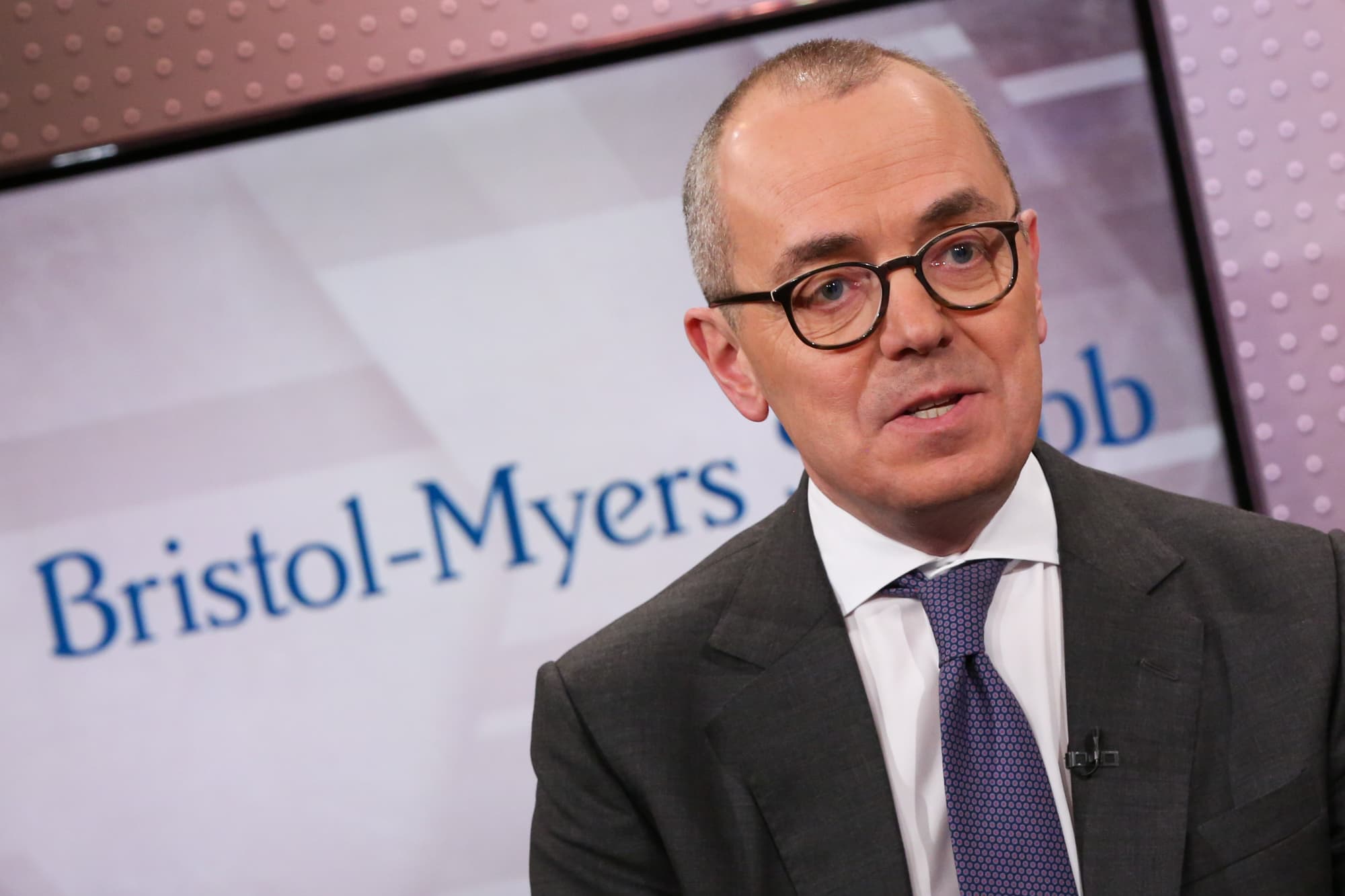Bristol-Myers gets ‘potentially revolutionary medicine’ in MyoKardia deal, CEO says

Bristol-Myers Squibb CEO Giovanni Caforio told CNBC’s Jim Cramer on Monday why the pharmaceutical company paid a premium for heart drugs company MyoKardia.
Bristol Myers announced earlier that day it would dish out $13 billion for MyoKardia, whose stock surged double digits during the session to close short almost five points from Bristol Myers’ $225 offer price.
“MyoKardia is an important company because they developed a really interesting approach to the treatment of cardiovascular disease, which is a precision approach,” Caforio said in a “Mad Money” interview. “The lead asset for MyoKardia is mavacamten,” which is a “potentially revolutionary medicine for the treatment of the very serious disease of obstructive HCM.”
Obstructive HCM, or hypertrophic cardiomyopathy, is a chronic heart disease that has high morbidity, or the rate of disease in a population. The disease is most prevalently found in people in their 40s or 50s, and just one-in-four people with obstructive HCM are believed to have been diagnosed, the company said in a press release.
Between 80,000 and 100,000 individuals have been diagnosed for it in the U.S., Caforio said. The company plans to submit the experimental mavacamten for federal Food and Drug Administration approval early next year and projected that it can be a long-term growth driver for the business.
The disease also affects about 100,000 people in Europe.
The acquisition comes about a year after Bristol-Myers Squibb scooped up cancer drugmaker Celgene for $74 billion, the biggest pharmaceutical acquisition on record.
Mavacamten has displayed “significant improvement in cardiac function and symptoms and quality of life,” he said. “It’s potentially a really important medicine that can be filed with the FDA in the first quarter of next and could launch at the end of next year.”
Bristol-Myers Squibb, whose stock advanced about 1% to $59.20 in Monday’s session, expects MyoKardia to boost profits starting in 2023.
The company’s shares are down more than 7% this year.




